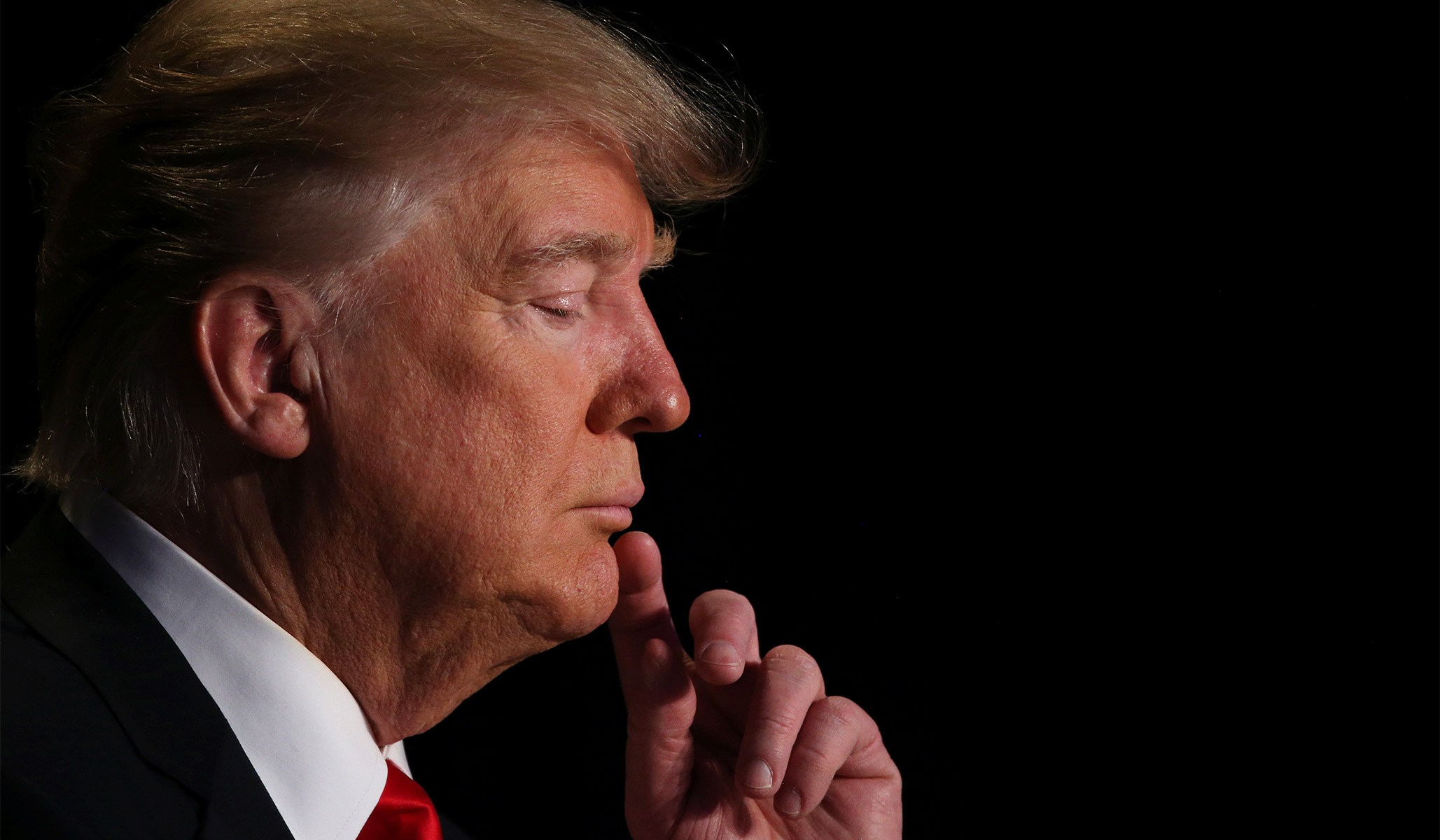By: David French – nationalreview.com – March 13, 2018
Evangelicals had good reasons to vote for Trump; they don’t have good reasons to join his tribe.
Over at The Atlantic, Michael Gerson, a former George W. Bush speechwriter, has penned an extended essay that attempts to explain a complex and disturbing reality — how Evangelicals “became an anxious religious minority seeking political protection from the least traditionally religious president in living memory.” Gerson is Evangelical, he has deep knowledge of Evangelical history, and his essay is compelling on a number of fronts. It suffers, however, from a rather curious omission — especially for an essay that’s explaining Evangelicals to a largely secular and progressive audience.
While Gerson ably explains that Evangelicals feel as if they’re under siege, he doesn’t give an adequate explanation as to why. He communicates the reality that Evangelicals feel embattled without providing sufficient explanation for that belief, belittling their concerns as hysterical and self-pitying. The effect is to make Evangelicals appear irrational when, in fact, Evangelicals made their political choice in response to actual, ominous cultural and legal developments that jeopardized their religious liberty and threatened some of their most precious religious and cultural institutions.
Yes, some went too far and adopted the “Flight 93 election” rhetoric that helped poison American political discourse, but one doesn’t have to think that the republic was at stake to understand that the issues in play were very serious.
This is an omission of no small consequence. Until the progressive community understands the gravity of its attacks on Evangelical institutions, there is little hope for understanding — much less changing — an increasingly-polarized American political culture.
Here’s how Gerson describes the evolution of modern Evangelical political priorities:
The evangelical political agenda, moreover, has been narrowed by its supremely reactive nature. Rather than choosing their own agendas, evangelicals have been pulled into a series of social and political debates started by others. Why the asinine issue of spiritually barren prayer in public schools? Because of Justice Hugo Black’s 1962 opinion rendering it unconstitutional. Why such an effort-wasting emphasis on a constitutional amendment to end abortion, which will never pass? Because in 1973 Justice Harry Blackmun located the right to abortion in the constitutional penumbra. Why the current emphasis on religious liberty? Because the 2015 Obergefell v. Hodges decision legalizing same-sex marriage has raised fears of coercion.
This is a curiously reductive way of describing a series of legal changes that undermined the traditional constitutional order, cleared the way for the deaths of tens of millions of innocent children, and jeopardized the autonomy and liberty of the institutions Christian parents choose to train and educate their kids.
Why would Obergefell “raise fears” of coercion? Perhaps because of these actual words from President Obama’s solicitor general during oral arguments:
Justice Samuel Alito: Well, in the Bob Jones case, the Court held that a college was not entitled to tax-exempt status if it opposed interracial marriage or interracial dating. So would the same apply to a university or a college if it opposed same-sex marriage?
Soliticitor General Verrilli: You know, I, — I don’t think I can answer that question without knowing more specifics, but it’s certainly going to be an issue. I don’t deny that. I don’t deny that, Justice Alito. It is — it is going to be an issue.
Just after the presidential election, David Bernstein highlighted that exchange and called the Obergefell argument the “oral argument that cost Democrats the presidency.” While there are many things that cost Democrats the presidency, that moment is certainly one of them. Think, for a moment, of the cultural and legal implications.
Culturally, this is the president’s lawyer casting traditional Christians outside the boundaries of mainstream American society, placing them in the same category as racists for upholding a biblical definition of marriage. Legally, he’s raising the possibility that the schools and institutions educating young Christian kids by the millions could face the choice between compromise and financial crisis.
To see the remainder of this article, click read more.
![]() Source: Donald Trump & Evangelicals — Response to Michael Gerson’s Atlantic Essay
Source: Donald Trump & Evangelicals — Response to Michael Gerson’s Atlantic Essay
 Listen Online
Listen Online Watch Online
Watch Online Find a Station in Your Area
Find a Station in Your Area







 Listen Now
Listen Now Watch Online
Watch Online
